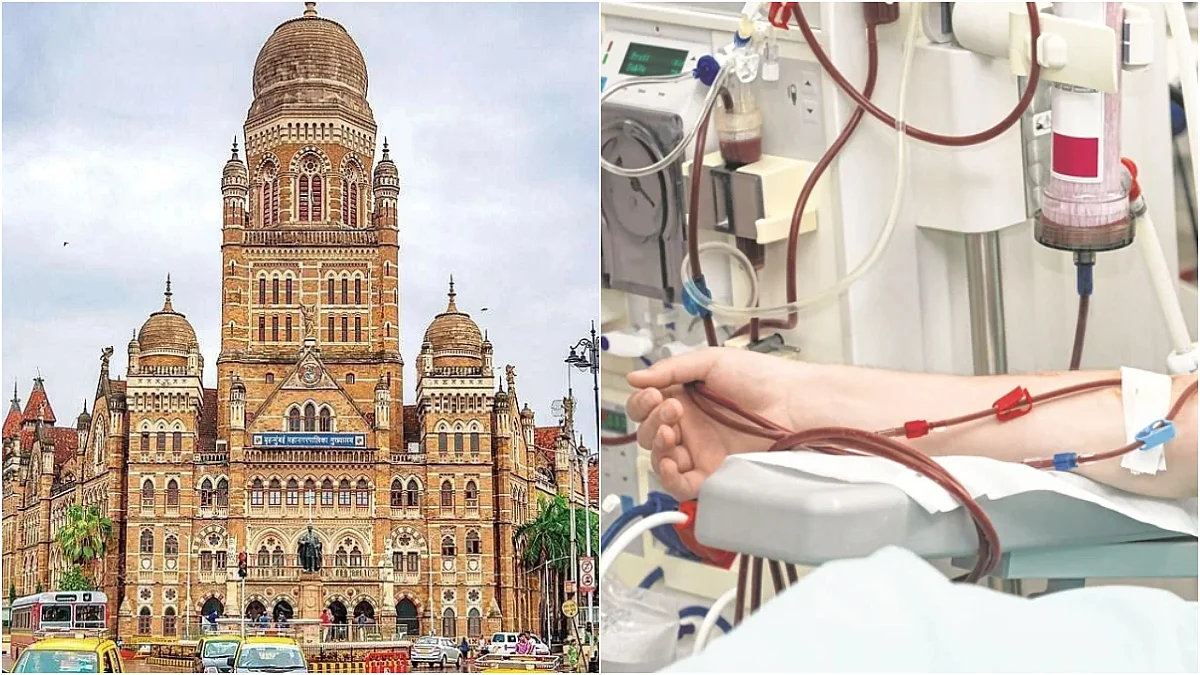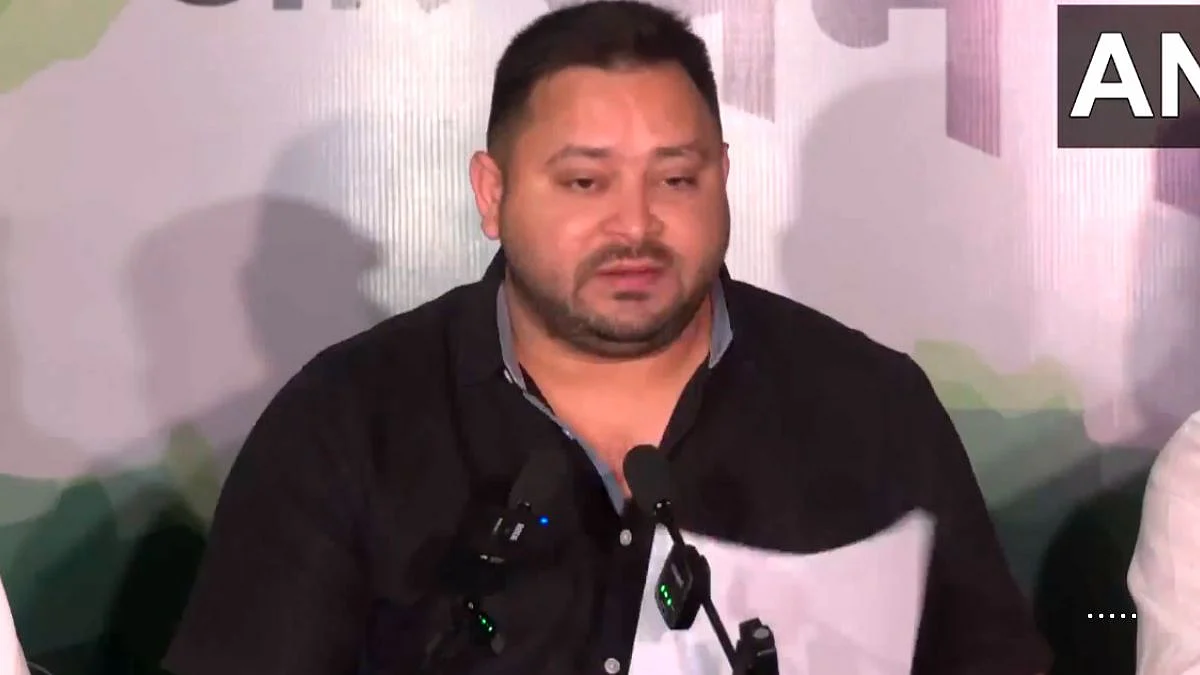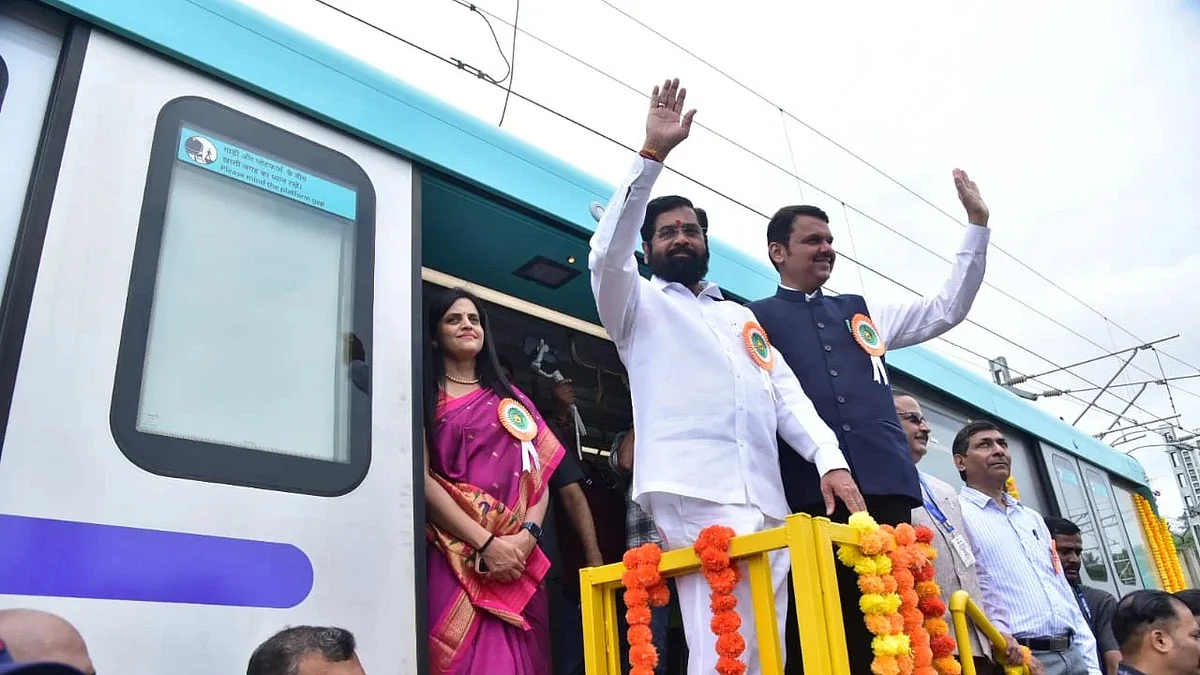Mumbai: Despite strong opposition from residents and health activists, the Brihanmumbai Municipal Corporation (BMC) is pressing ahead with the privatisation of key hospital services. In its latest move, the civic body has invited tenders for setting up dialysis units, cath labs, MRI and CT scan facilities, and even a blood bank for transfusion patients in various peripheral hospitals through private operators.
New Model Replaces PPP for Hospital Services in Peripheral Facilities
This time, however, the outsourcing will be done under a new ‘Civic Health Collaboration Model’ instead of the earlier public-private partnership (PPP) framework.
Under this model, the civic body will rent out space in its peripheral hospitals to private operators, who will run these services and charge patients as per agreed rates. However, there is no clarity on the minimum number of patients to be referred daily from BMC hospitals for these facilities.
A senior official from the BMC’s Health Department admitted the model is not significantly different from the earlier PPP arrangement. “It is similar to the PPP model, where patients still have to pay for these services,” the official said.
The peripheral hospitals where this model will be implemented include Rajawadi Hospital in Ghatkopar, MT Agarwal in Mulund, Dr Ambedkar Hospital in Kandivli, Bhabha Hospitals in Bandra and Kurla, and Bhagwati Hospital in Borivali.
Dialysis at Rs 500 per Session for BMC Patients; Government Scheme Rates Apply
Under the new model, the civic body will set up dialysis centres at its peripheral hospitals in Borivali, Mulund, Ghatkopar, and Kandivali for a period of 10 years, with the option of two extensions of 10 years each. BMC patients will be charged Rs 500 per dialysis session, while those covered under government schemes will be billed as per approved rates.
Similarly, MRI and CT scan facilities will be established at Dr. Babasaheb Ambedkar Hospital, Kandivali (West), Khurshidjee Behramjee Bhabha General Hospital, Bandra (West), Harilal Bhagwati Municipal Hospital, Borivali, and M.T. Agrawal Municipal Hospital, Mulund. The civic body will provide dedicated space for these services on an annual rental basis.
Activists Warn of Commercialisation, Lack of Patient Referral Safeguards
However, the tender documents do not specify the service charges or the minimum number of BMC-referred patients to be served daily. “Without such clarity, the private operator could run the facility for commercial purposes, catering to patients from outside hospitals,” warned a health activist.
Also Watch:

Health activists have questioned whether the civic body — which operates 212 health posts, 192 dispensaries, 30 maternity homes, and five specialised hospitals, including four medical colleges and major hospitals in the city — is steadily moving towards the privatisation of key healthcare services. “We have already seen doctors being appointed on contract, and even an unregistered doctor working in the ICU of V.N. Desai Hospital,” one activist said.








